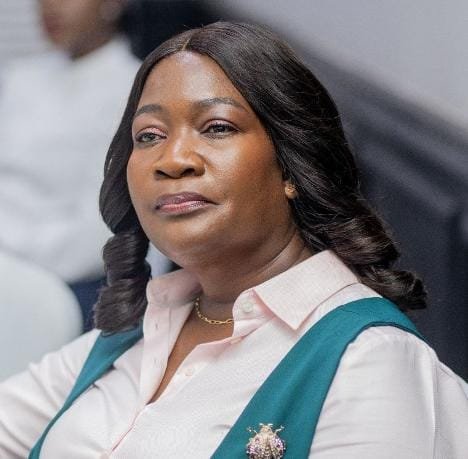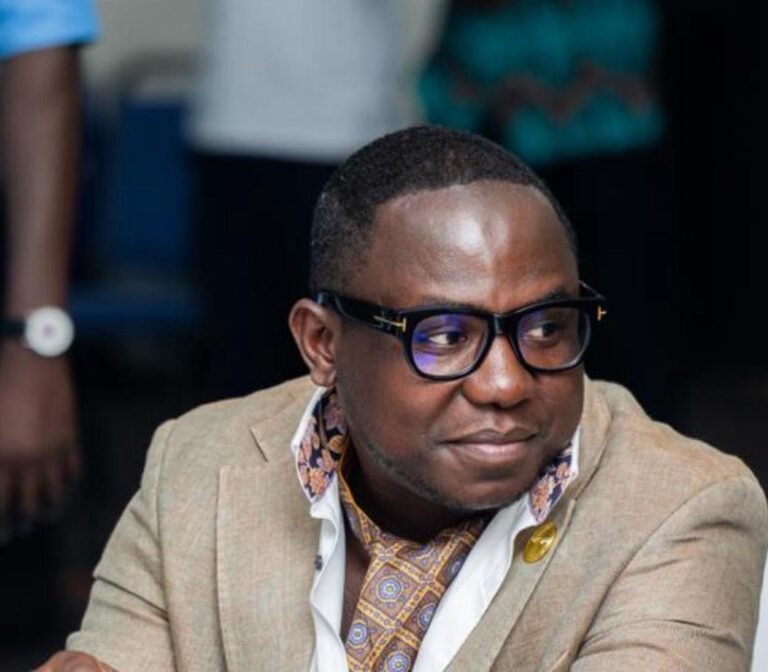
Nora Adade
What we see and hear around us each day dominantly determine what we do. We may only touch a box of sweets to purchase it after we see others joyfully have a bite or lick. We may be drawn to a flower to smell or suck its nectar after its beautiful petals attract our eyes. We may only rush to make a purchase after we hear others pass good remarks about it. All these clearly define the power these two senses carry.
For a media space created to fit into the functions of these two senses, it is right to understand how powerful and effective the media is in influencing our behavioural patterns, choices and lifestyle. Since the birth of the press in the colonial period through the post-colonial period till now, the media has been tagged as the watchdog of society purposely established for the dissemination of news and information.
The media in Ghana
The media in Ghana has grown, stretched and spread in recent times. The adaptation to new technological trends to fit into the heat of the competition tells how serious the growth has been. Compared to the post-colonial period where the media could be counted and placed in a hand, today’s media presents a list of distinct and varying choices to the audience to choose from. The volume of the media is certainly high. It is right to state that the democratic provisions of Chapter 12 of the 1992 Constitution has done more good to the growth of the media.
Deductively, we may establish that this increasing growth is an affirmation of a more solid responsibility to remain accountable and ethical in the discharge of their duties to the people. The question however is, if this is so, has there been maximum concentration on the goal or there has been a shift in focus?
Shift in focus
As established in previous paragraphs, the media largely determines a bigger part of our choices. It expressly means that negative choices made by groups or individuals could have the media pointed to as the cause. The same will go for positive choices. It will however be unfair to fully point fingers at the media for society’s chronic wounds. It must be noted that the media is not the only agent of socialization. For the purposes of this fact, ills in society may not fully be attributed to them. There are other agents like the home, schools, religious institutions and others. The only wide difference here is how influential the reach and presence of these agents are. It is surely a fact that the media beats them all in reach and presence.
The media, as a matter of fact, has been recognized as the fourth estate of the realm. This places a responsibility on the media to ensure accurate execution in their line of work.
In the past decade, the media has shifted more of its attention to ‘what they want for the people’ rather than ‘what is healthier for the people’. It has become a drive for what is more profitable than what is more ethical.
It is no more a problem to have unhealthy contents out there as long as it brings in profits from sponsors and advertisers. The interesting thing is how subtle some of these contents are that one does not see the harmful effects till it is done influencing who it has to. We may want to raise the issue of economic stability but that argument certainly holds no weight as we have healthy contents that are equally profitable. It is even moderate to tag this shift in focus as ‘yellow journalism’. It is, far beyond that. It is a production of unhealthy contents that cultivate a toxic environment for the audience.
Much of the deviant acts seen in our communities is as a result of the poison the media feeds these audiences. It must be understood that, psychologically, we are different sets of people with different levels of naivety, suspicion and persuasion. Over time, unusually naive audiences become what they see and hear from the media. From daily productions on commercial sex workers, popularly known as slay queens, openly discussing and flaunting their fortunes to fraudsters disguised as pastors and priests giving hopeless hopes to jobless youths, the media has clearly made itself a passage way for harmful viruses into society.
The horrible aspect of all these is when such figures are gradually established as panelists or resource persons on some shows. Over time, the same media establishes these persons as celebrities with a command in social capital.
The toxic fed to the younger groups of the audiences is what results in deviant acts like robbery, theft, kidnapping, murder and countless crimes in the pursuit for money.
Cultural education on the essence of virtues like patience and diligence is not propagated by the media. We have slay queens and fraudsters deceiving our youths that it is a shame to be boarding minibuses at the age of 22. We have these same groups of people using the mass media to deceive these same youths that it is a disgrace to repeat clothes or shoes. Honestly, it is a disaster. The picture painted in and by the media shows that it is more favorable to be materialistic than intellectual. We prefer looking successful than actually being successful.
Purposely established and constitutionally empowered to serve the public in the best way possible, the media should be looking at initiatives that empower the audiences to become the best of citizens ever. What happened to voluntary public education? How many Ghanaians today have knowledge of the laws that govern them? How many even know the current state of the country? How many are even interested in what happens around them? What happened to the essence of formal education and the pursuit for it even in impossible times? The focus has been shifted and that is unhealthy for the safety and wellbeing of this country.
Arise and shine
Progressively, the onus lies on the media to wake up from this conscious mode of a slumber to rightfully deliver to audiences what is best for them. The media owes the audiences the Corporate Social Responsibility of being a harmless and safe space for all.
Beyond the media, citizen journalists and bloggers must equally ensure the full delivery of ethics and social responsibility in their line of work. Just like the beans seller at the bus station who makes it a conscious effort not to have any food out there that makes the digestive system of consumers troubled, it also becomes our task to ensure that the consumers of our services do not get poisoned in the process to become a burden to the society at large. We can certainly not allow negligence to bite us in the back for the chronic wounds to spread across to all close parties.
The writer is a student of the Ghana Institute of Journalism (GIJ).
noravaladade888@gmail.com







